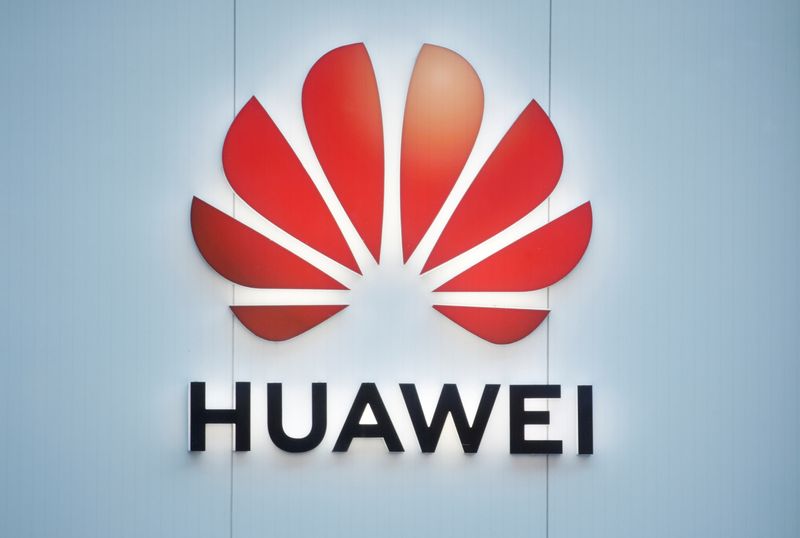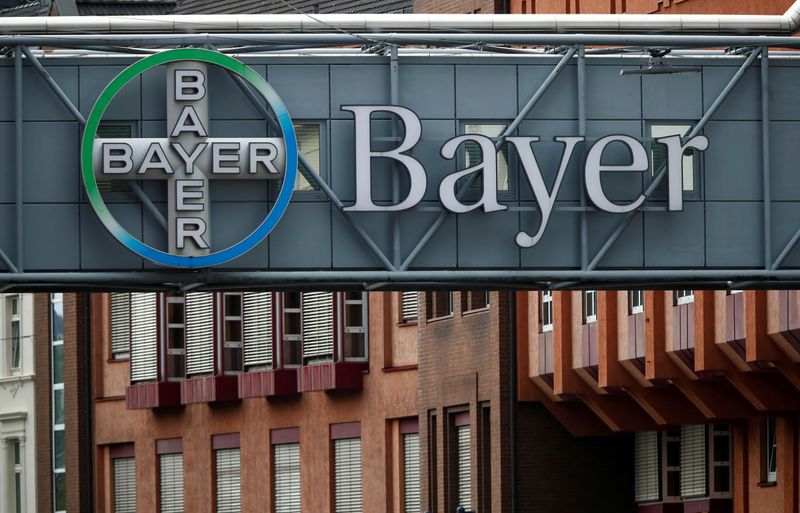
FILE PHOTO: The logo of Huawei is seen in Davos, Switzerland January 22, 2020. REUTERS/Arnd Wiegmann/File Photo
June 23, 2020
By Karen Freifeld and Alexandra Alper
WASHINGTON (Reuters) – The Trump administration has sent new guidance to companies struggling to understand the scope of a measure unveiled last month that aims to crack down on chip sales to China’s blacklisted telecoms equipment maker Huawei [HWT.UL], Reuters has learned.
But the guidance, included in a June 16 letter sent by the U.S. Commerce Department to some semiconductor designers and producers this month, provides little clarity, industry lawyers said.
The “Department of Commerce would like to alert you to a recent amendment to the U.S. Export Administration Regulations … that may affect business that you may conduct with the HiSilicon, Huawei Technologies, and other Huawei affiliates,” Matthew Borman, deputy assistant secretary for export administration at the department, wrote in the letter.
HiSilicon is the chip arm of Huawei, which was placed on a trade blacklist last year over U.S. national security concerns, forcing some suppliers to seek licenses before shipping to it. The United States alleges that the Chinese government could use Huawei’s equipment for espionage, which Huawei denies.
Those in the Trump administration pushing for a tougher line on China became frustrated the blacklisting did not do more to upend Huawei’s supply chain, prompting an internal campaign, first reported by Reuters, to tighten the rule that culminated in the new regulation in May.
Trade lawyer Doug Jacobson said the June 16 letter “translates the legalese into plain English,” but added it “doesn’t really shed any new light.”
Commerce did not respond to a request for comment.
The new rule expands U.S. authority to require licenses for sales to Huawei of semiconductors designed by the company and made abroad with U.S. equipment. It also requires companies to seek U.S. licenses if they knowingly sell to Huawei foreign-made items developed by the company using certain U.S. technology and software.
But it leaves open key questions about the scope of the transactions it covers, lawyers say, while others point to what they see as loopholes that leave many chip sales to Huawei outside the scope of the regulation.
U.S. regulators in May opened the door to closing gaps in the rule, which went into effect the day it was released. But people familiar with the matter say changes are not imminent.
(Writing by Alexandra Alper; Editing by Paul Simao)

